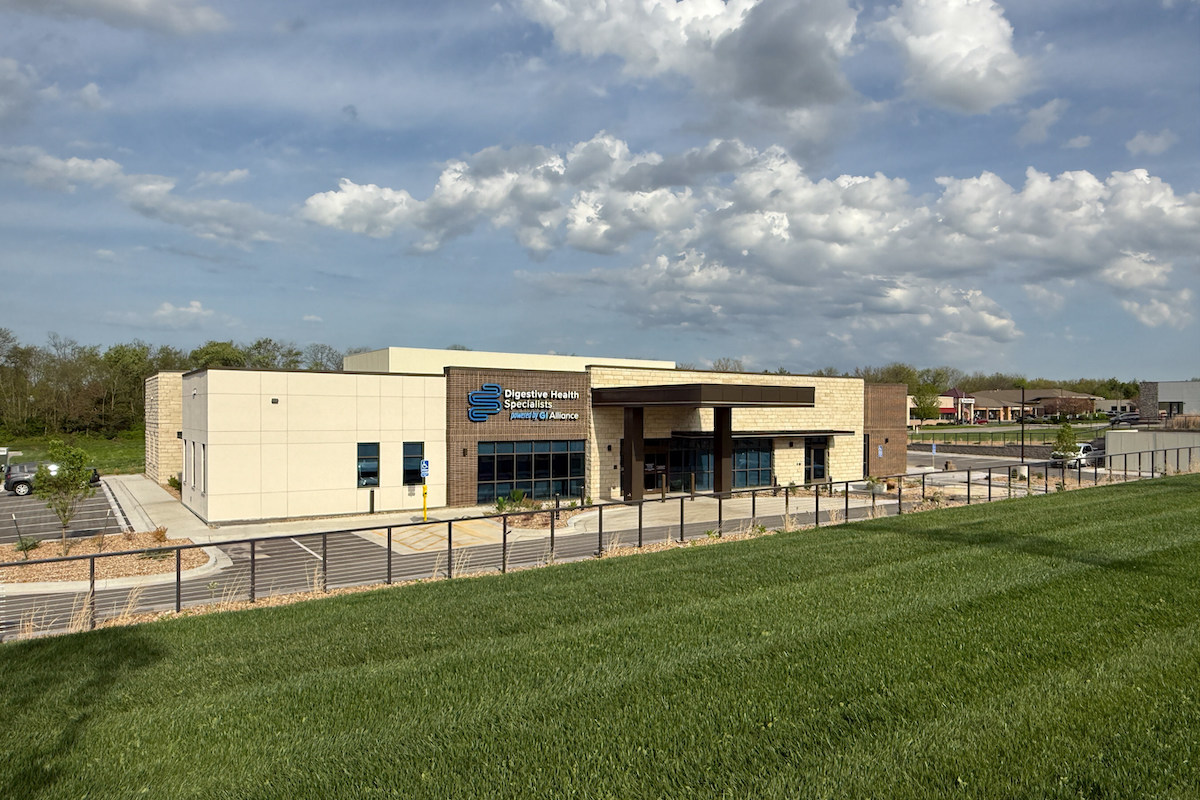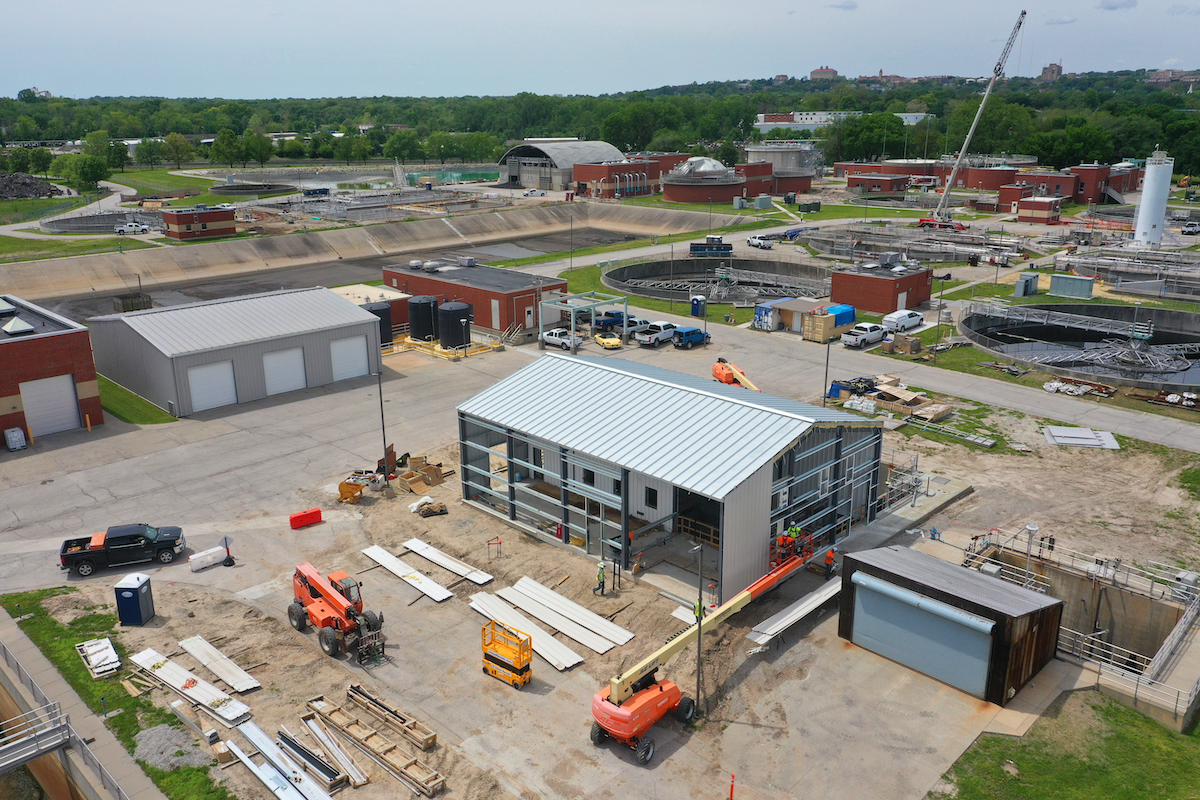The new 210,000-square-foot building replaced the 1960s College of Pharmacy building with research spaces and an abundance of active learning and flexible classrooms and small group collaboration areas.
Since 2008, the University of Iowa has incorporated sustainability into its campus development and has made sustainability a priority in its 2022-2027 strategic plan. This is the 20th building on campus to achieve LEED certification, totaling 2.4 million gross square feet.
LEED (Leadership in Energy and Environmental Design), developed by the U.S. Green Building Council (USGBC), is the most widely used green building rating system in the world and an international symbol of excellence.
The construction and operation of buildings represents 40 percent of the total global carbon emissions. Certification is proof that buildings are going above and beyond to ensure the space is constructed and operated to the highest level of sustainability, which directly reduces each building’s carbon footprint in addition to other positive impacts.

| Your local Topcon Positioning Systems Inc dealer |
|---|
| Star Equipment LTD |
“The University of Iowa’s LEED certification demonstrates tremendous green building leadership,” said Peter Templeton, President and CEO, USGBC. “By prioritizing sustainability, the University of Iowa is helping USGBC continue towards our goal of green buildings for everyone within this generation. Transforming our buildings and spaces happens one project at a time.”
LEED projects earn points by adhering to prerequisites and credits across nine categories. The College of Pharmacy building earned LEED Silver certification under the LEED Building Design + Construction (BD+C): New Construction (NC) v2009.
The majority of the points were earned in four categories: Sustainable Sites (17 points), Water Efficiency (7 points), Energy & Atmosphere (7 points), and Indoor Environmental Quality (7 points).
The College of Pharmacy building was designed by OPN Architects and constructed by Miron Construction. IMEG provided design for all engineering disciplines.
OPN Architects is a regional design firm with offices in Iowa, Minnesota, and Wisconsin. The firm’s work at the University of Iowa over the last decade includes Hancher Auditorium and renovations at the Pappajohn Business Building, Boyd Law Building, Stanley and Hillcrest residence halls, Gerdin Athletic Learning Center, and Old Capitol.
“Our team takes a holistic approach to sustainability that results in buildings like the College of Pharmacy that both look and perform beautifully,” said Tate Walker, OPN Associate Principal and Director of Sustainability. “Our strategy is to focus on items of practical importance to the operation of a building and invest in those things that support the project’s vision. A building must do more than just mitigate the negative impacts of its construction and operations, it has to build lasting, positive connections among the people it serves in order to be successful.”








































































